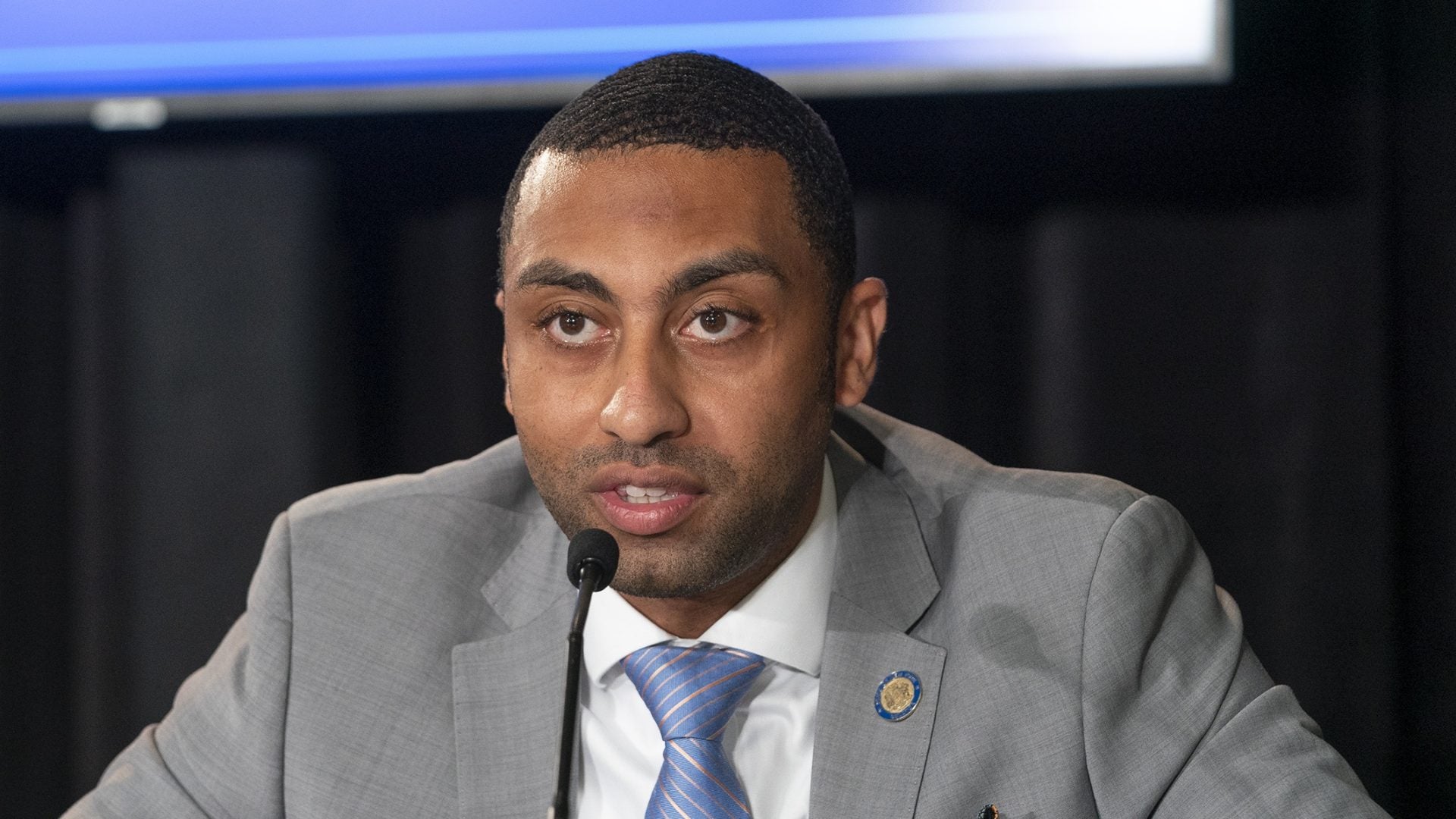
Rap and its artists have routinely had their words used against them whether in a court of law or by politicians.
A new bill introduced by two New York lawmakers wants prosecutors to stop using lyrics of rap artists against them in the courtroom. Citing freedom of artistic expression and how there are often preconceived notions about the genre.
State senators Brad Hoylman and Jamaal Bailey are the architects behind the so-called “rap music on trial” legislation on Wednesday, Nov. 17. This comes nearly two years after Tekashi 6ix9ine, a Brooklyn rapper, was sentenced to two years in prison for multiple racketeering, firearm, and drug trafficking charges.
The Democrat senators cited a controversial entanglement between the rapper and a New York-based gang to highlight how using their lyrics can put rappers behind bars. The then-26-year-old, born Daniel Hernandez, could have been sentenced to 47 years in prison, but prosecutors recommend a lesser sentence in exchange for his cooperation.
“Art is creative expression, not a blueprint of criminal plans. Yet we’ve seen prosecutors in New York and across the country try to use rap music lyrics as evidence in criminal cases, a practice upheld this year by a Maryland court,” Hoylman said in a statement, referring to Hernandez and rapper Lawrence Montague whose lyrics were also used in his murder trial of an Annapolis man.
Montague was sentenced to 50 years in prison for the fatal shooting and for use of a firearm. Last year, an appeals court upheld that his lyrics were admissible in court because the lyrics “bear a close nexus to the details of an alleged crime.”
Upon the bill’s approval, it wouldn’t ban lyrics in the courtroom altogether, but it would require prosecutors to affirmatively prove that the evidence is admissible by clear and convincing evidence.
“I hope this bill advances and lawmakers in Washington and around the country follow suit with similar protections,” said Jack Lerner, a law professor at the University of California Irvine who published the “Rap on Trial Guide” as a resource for defense attorneys.
As mentioned above, rap and hip-hop have routinely had their lyricists and lyrics used against the Black or Latino artist who crafts them, and, according to the ACLU, it is the go-to play for those who want to abrade the liberties of that specific community.
“The admission of art as criminal evidence only serves to erode this fundamental right, and the use of rap and hip-hop lyrics, in particular, is emblematic of the systemic racism that permeates our criminal justice system,” said Sen. Bailey.
